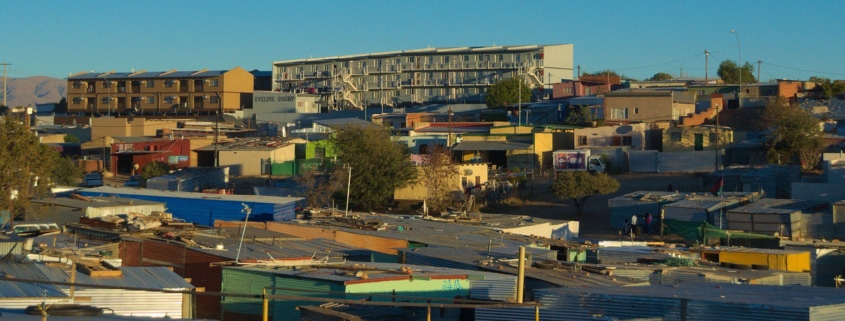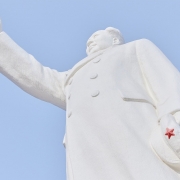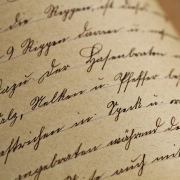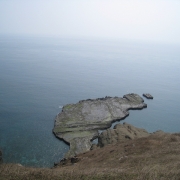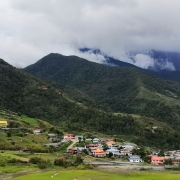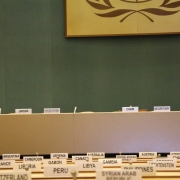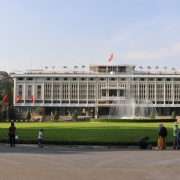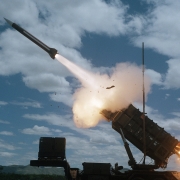What happened in South West Africa?
Topic of Study [For H1/H2 History Students]:
Paper 1: Safeguarding International Peace and Security
Section B: Essay Writing
Theme III Chapter 2: International Court of Justice: ensuring adherence to international law; arbitration and advisory opinion
Historical Background: Mandate Territory and Trust Territory
After the end of World War One, the German colony South West Africa was declared a League of Nations (LON) Mandate Territory. Under the Treaty of Versailles, South West Africa was considered a British protectorate with the Union of South Africa handling its administration. When World War Two came to an end, the LON Mandates were moved to the United Nations (UN) Trusteeship system, thus South West Africa was expected to become a UN Trust Territory.
However, the South African government opposed the process of South West Africa becoming a UN Trust Territory. Its Prime Minister Field Marshal Jan Christian Smuts supported policies of racial segregation in South Africa, sparking controversy among member nations in the UN General Assembly (UNGA).
First key response by the Court
On 11 July 1950, the International Court of Justice (ICJ) gave its Advisory Opinion at the request of the UNGA. With regards to the legal status of the territory in South West Africa, the ICJ asserted that the UN was “legally qualified to discharge the supervisory functions formerly exercised by the League of Nations”. Also, South Africa “had no competence to modify the international status of South West Africa unilaterally”.
If the reason for the South African government’s refusal to cooperate or negotiate with the United Nations about the status and administration of South West Africa was the fear that its racial policy would be discussed in the world forum, its tactics were a complete failure. On December 6, 1955, the General Assembly adopted a resolution which emphasized racial policy in the territory as the chief issue. It reminded the Union government “of the faith it had re-affirmed in signing the Charter, in fundamental human rights and in the dignity and worth of the human person,” and called on it to observe Article 56 of the Charter.
An excerpt taken from “South Africa and the World: The Foreign Policy of Apartheid” by Amry Vandenbosch.
Even so, South Africa did not relent with its repressive policies towards South West Africa. With mounting pressure from the member states in the Sub-Saharan region in the UNGA, the UN Security Council (UNSC) passed resolutions in 1969 and 1970, denouncing South Africa’s occupation of South West Africa.
On 12 June 1968, under UNGA Resolution 2372 (XXII), South West Africa was renamed as Namibia.
The second key response by the Court
On 29 July 1970, the UNSC requested the ICJ to give an Advisory Opinion on the legal consequences for states of the continued presence of South Africa Namibia. On 21 June 1971, the Court declared that South Africa’s presence in Namibia was illegal, thus the former should withdraw its administration. At the same time, the Court stated that all member states of the UN had to recognise the “illegality of South Africa’s presence in Namibia and the invalidity of its acts on behalf of or concerning Namibia”.
In the Namibia Opinion, the ICJ drew another set of limits, this time in the context of treaty law, to the responses that states may legitimately adopt, even where this concerned an obligation erga omnes (towards all), the breach of which was invoked by, and the reaction to the breach authorized by, collective bodies. The ICJ held that the obligations of states flowing from a Security Council resolution (in this case, Resolution 276 (1970)) not to enter into treaty relations with South Africa could not “be applied to certain general conventions such as those of a humanitarian character, the non-performance of which may adversely affect the people of Namibia”, a holding reminiscent of Article 60(5) of the 1969 Vienna Convention.
An excerpt taken from “The International Court of Justice: Its Future Role After Fifty Years” by J. M. Thurnszky Sam Muller and A. S. Muller.
This time, the UNSC passed Resolution 418, imposed a mandatory arms embargo against South Africa to put sufficient pressure on the latter to comply with the Court’s Opinion. On 22 December 1988, the Tripartite Accord was signed by Angola, Cuba and South Africa, granting independence to Namibia from South Africa.
What can we learn from this article?
Consider the following question:
– Assess the view that the International Court of Justice was effective in managing the legal dispute over South West Africa.
Join our JC History Tuition to learn more about the United Nations. The H2 and H1 History Tuition feature online discussion and writing practices to enhance your knowledge application skills. Get useful study notes and clarify your doubts on the subject with the tutor. You can also follow our Telegram Channel to get useful updates.
We have other JC tuition classes, such as JC Math Tuition and JC Chemistry Tuition. For Secondary Tuition, we provide Secondary English Tuition, Secondary Math tuition, Secondary Chemistry Tuition, Social Studies Tuition, Geography, History Tuition and Secondary Economics Tuition. For Primary Tuition, we have Primary English, Math and Science Tuition. Call 9658 5789 to find out more.

